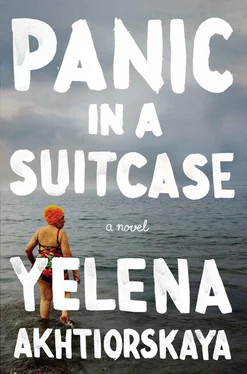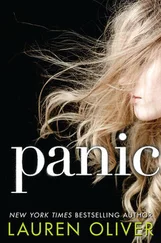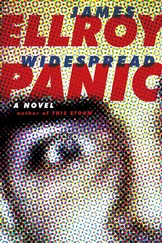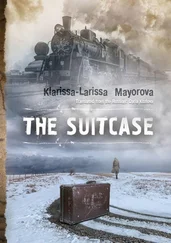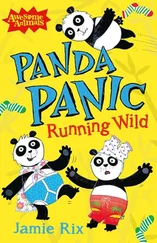Neither could he be sure the change had been his, considering he couldn’t remember the last time he’d willfully changed anything other than wives. For as long as he could remember, he’d been consuming the same kasha for breakfast, quenching his thirst with the same mineral water from a spring somewhere not far from his current whereabouts, listening to the same cantatas on his Discman, exercising his heart on the same promenade in the center of Odessa, exercising his soul at Sunday services in the same cathedral, making the same rounds of cafés and restaurants, eating inordinate quantities of the same watermelon from Kherson, bathing in the same section of the Black Sea, composing poems at an unvarying rate with the same steadfast zeal at the same predawn hour. Yet. With each passing year, his surroundings became less recognizable, he felt more and more uprooted. Constancy of habit didn’t buffer against a city, a nation, a society, perhaps a whole culture in decay. Though he could step outside and pass the places of his childhood, his schools, the hospital where his father had worked, the pediatric clinic where his mother had worked, it was as if the city had been moved to the moon — the structures were there, but the atmosphere had been sucked out. It was the irony of his life that he was more alienated and excluded in his native city than his family in their new land. He used to blame his mother, for not trying hard enough to stir him into action, for dying at the wrong time, in the wrong place, for everything not quite short of giving birth to him. Now he just missed her, Esther.
Sveta turned over, exposing a long white arm. For a moment it groped over his absence, then lay still. Pasha stumbled out of his pants and inserted himself under the arm, into the hotel-linen envelope, a welcome constraint. He couldn’t move his toes and didn’t want to. Getting a bit of rest wasn’t a bad idea. In a day’s time, they would be relocating to Tskaltubo, where the radon mineral springs were known to alleviate a variety of nervous ailments and circulatory conditions and the caves were touted as especially restorative for pulmonary diseases, which just might need relieving after the planned excursions to the famous dinosaur footprint and the private pool where Stalin had bathed. Pasha sighed. He was contented. And at the same time terrified, frightened, depressed. But that’s enough about him. How about—
Frida couldn’t make out the rest. The connection was wavering, Pasha fading out. Reception in rural Georgia wasn’t so miraculous after all.
Me? she said. I’m fine. Actually, I’ve been doing some thinking. I’m probably going to stay awhile.
After a bout of static, Pasha screamed out, I said — how about my cats?
Your what? yelled Frida.
Cats, my cats! I trust you haven’t forgotten about my cats.
She gulped. Of course not, she said. But I’ve got some news about your son. There’s been a development in the drama. The wedding, it’s back on. Talk about last-minute — and I thought I had trouble making up my mind! A conspiratorial tone had snuck into her voice. Aside from wanting to give Pasha the update and being glad to be the one to do it, as if her ability to provide information hot off the presses proved her worth and demonstrated how deep she’d wedged herself into their lives, she also hoped to bond with him over Sanya’s fickle ways. Surely Pasha wouldn’t approve of such volatile behavior.
That’s Sanya for you, exclaimed Pasha.
It is, she said warily.
Pausing for a second, he said, Well then. I’ll catch a plane out tonight.
A wave of panic shook her. Had a giant misunderstanding just occurred, and was she at the root of it? The wedding isn’t until Sunday! she practically screamed. Sanya’s not even in town! And don’t forget, Sveta’s family is occupying your bedroom.
Not a problem, said Pasha.
But — what about the festival?
The festival is fine, it’s great, but I’m ready to pack it in, to be honest. I’ve been feeling under the weather, and besides, don’t they say it’s good to know how to make an exit?
